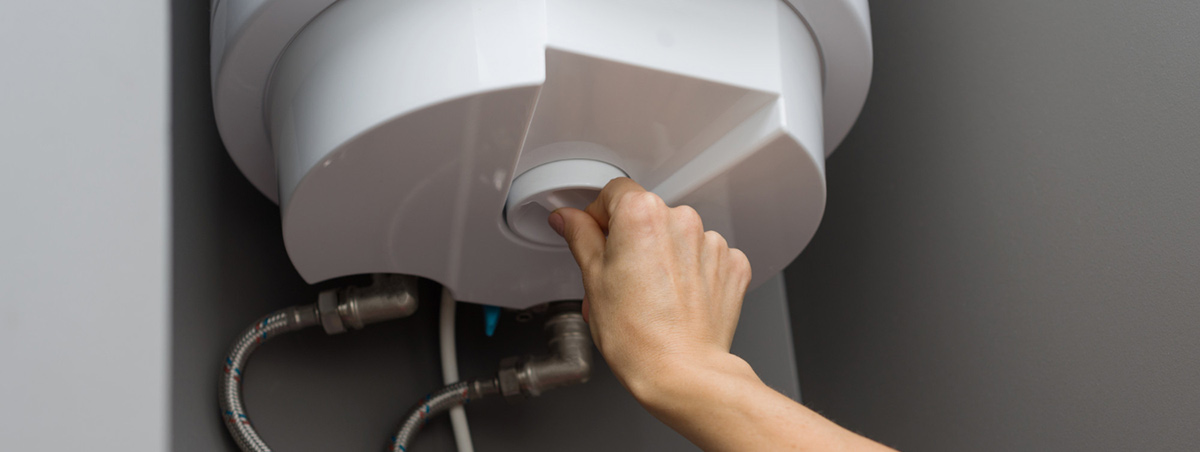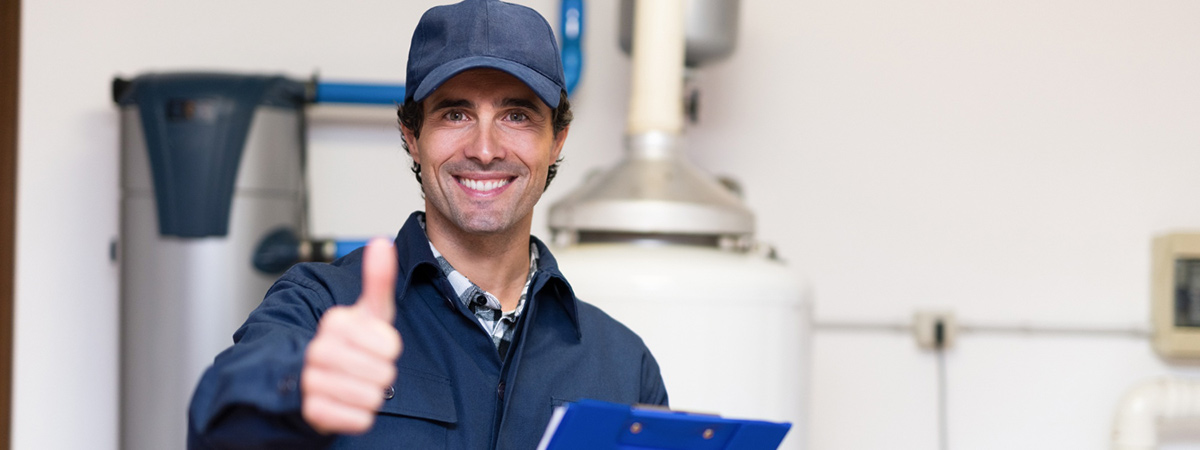If you’ve ever had the displeasure of taking a cold shower, you understand the importance of keeping your hot water heater running optimally. These heaters turn the cold water that travels through your city’s pipes and into your home into warm and hot water for bathing, washing dishes, and laundry.
It’s easy to take your water heater for granted until it breaks down. Then you realize just how important its job is.
In this blog post, we’re going to go over the different types of water heaters as well as some maintenance tips, so you’ll always have nice, warm water when you need it.
How Do Water Heaters Work, Exactly?
To answer this question, we’ll have to talk about specific types of water heaters. There are actually quite a few on the market, including tankless water heater models. But for this post, we will focus on the two most commonly found in homes in Denver, Colorado, and those are traditional electric water heaters and gas water heaters.
Before we discuss each one separately, let’s quickly see what they both have in common. Both electric and gas hot water heaters have drain valves, TPR valves, an internal anode rod, dip tube, and similar pipe fittings. Both are also insulated inside to help keep the water at a consistently warm temperature. When you boil it down (sorry, we couldn’t ignore the pun), both types of water heaters are essentially large cylindrical tanks with an internal heating element.
Electric Water Heaters
Electric water heaters are equipped with a thermostat that has been mounted flush with the outside of the internal tank. These thermostats are constantly monitoring the internal temperature of the water in the tank. If a drop in temperature is detected, the sensor sends a signal to the heating element inside the tank, which then heats the water. Once the water reaches the desired temperature, the thermostat cuts off power to the heating element, and the insulation keeps the inner tank warm.
Gas Water Heaters
Gas water heaters also have a thermostat, but it works a bit differently from the one inside of an electric water heater. The thermostat inside a gas water heater contains a mercury sensor in the tip alongside a thermocouple. This thermocouple constantly monitors the pilot light while the mercury sensor monitors the temperature of the water inside the tank.
When the water temperature decreases, the thermostat sends a signal to the gas control valve. The valve then sends a signal to the thermocouple to ensure that the pilot light has not gone out. If all is well and the pilot light is on, the valve opens and allows gas into the burner, igniting a flame, which begins to heat the water inside the tank. When the water reaches the desired temperature, the gas control valve closes again.
Tips to Maintain Your Home’s Water Heater
The better care you take of your Denver home hot water heater, the better it will be to function year after year. Here are three important things you can do to maintain your water heater:
Set your water heater’s thermostat to 120 degrees Fahrenheit or lower. Should you leave your home for an extended period of time, consider turning the thermostat down before you leave. Why spend money to have gallons of hot water when you’re not using it?
If you want an efficient water heater, be sure to regularly drain the water from your tank to clean out any sediment build-up. Failure to do so will result in excessive sediment buildup and a water heater that is far less efficient. Can you say outrageous heating bill?
Always be on the lookout for any pooling water around the base of your heater’s tank. Small leaks can occur, and catching one early will save you money and trouble down the road.
Thinking of replacing your water heater? Please contact JD’s Plumbing Heating & Air Conditioning. We can help you choose the right make and model for your home or keep your current heater running for as long as possible.




